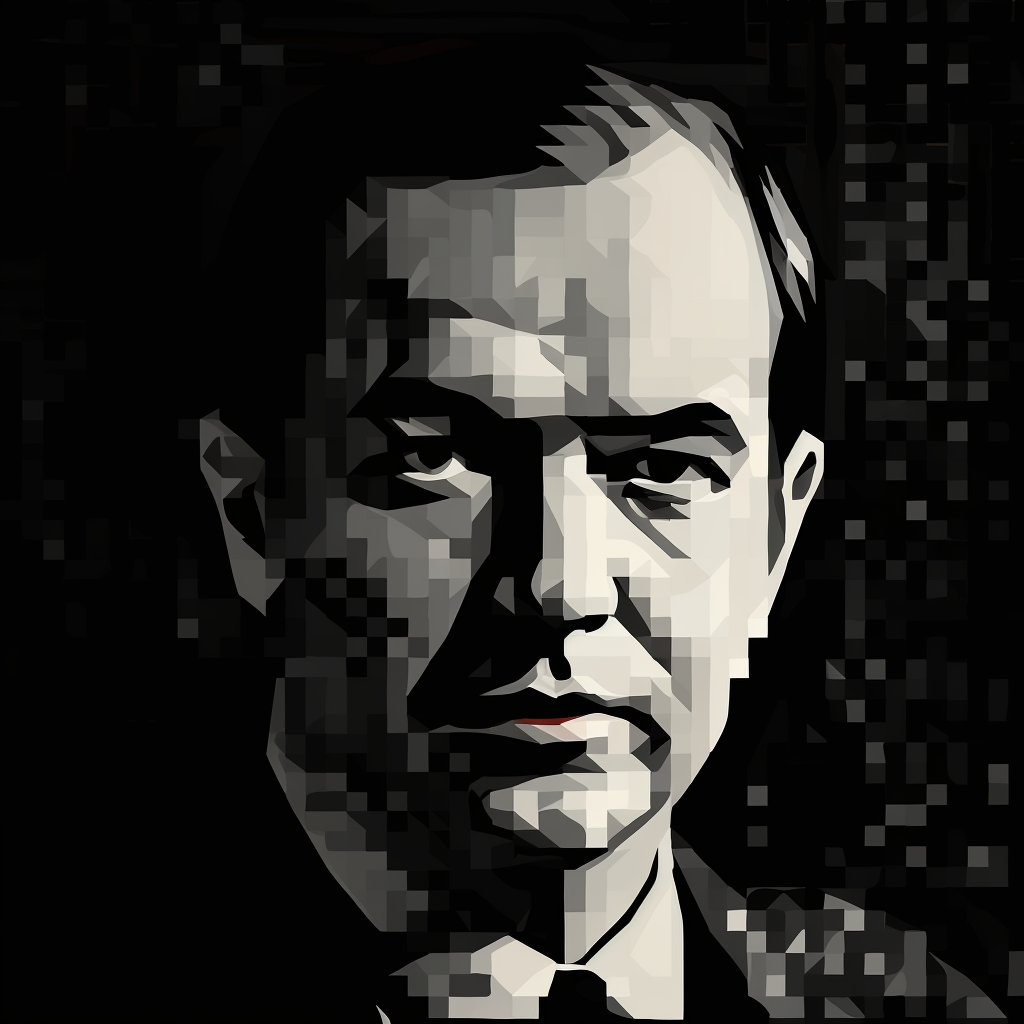 John von Neumann
John von Neumann
John von Neumann's work in cellular automata laid the foundational concepts later used in the Game of Life, a zero-player game created by British mathematician John Conway. This game simulates the evolution of cells across a grid-like universe, following a set of simple rules that parallel the unpredictability of life and the complex behavior arising from simple systems.
The synergy between cellular automata and the Game of Life showcases the potential for significant breakthroughs in various fields. For instance, they can model complex systems in biology, ecology, and sociology, providing insights into phenomena like population dynamics, habitat sustainability, and viral spread. These models' predictive capabilities could be crucial for future developments in artificial intelligence, smart city planning, resource management, and even potential applications in quantum computing.
Ultimately, the combination of cellular automata theory and the Game of Life illustrates the profound potential of simple rules to generate complex and unpredictable behaviors, serving as a powerful metaphor for biological and societal evolution.
- Contributions:
- Quantum mechanics, computer science, mathematics, economics
- Others:
- The von Neumann architecture, named after him, laid the groundwork for modern computer design
- He made significant contributions in the fields of mathematics, physics, economics, and computer science
- Associated with the classic computer structure "von Neumann architecture"
REFERENCE:
Macrae, N. (2014) John von Neumann the scientific genius who pioneered the modern computer, game theory, nuclear deterrence, and much more. Place of publication unknown: American Mathematical Society.
Wolfram, S. (2021) A new kind of science. Champaign, IL: Wolfram Media.